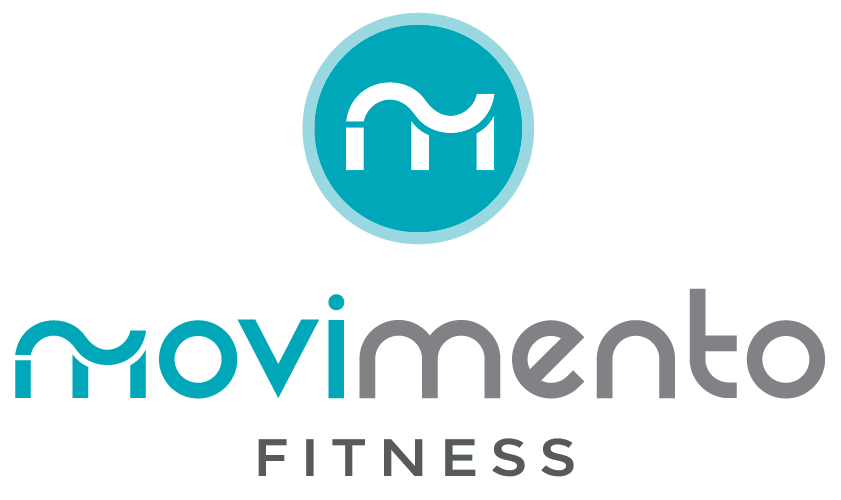It seems that with every decade that passes, some poor food group gets villainized.Carbs… fats… even proteins have been on the “naughty” foods list at one time or another – a direct result of the current fad of the times.
But there’s one food in particular that’s received SO much bad press, that even today most people avoid eating it.The irony, of course, is that science is showing us how this one lonely food is perhaps one of the best “superfoods” out there, based on all the health benefits it can provide. So what is it?
None other than the “incredible, edible” egg!
Yes folks, there are volumes of research that suggest eating WHOLE eggs (that means yolk and all!) is actually good for your health.
Here are just a few of the benefits:
Keep your vision sharp: Whole eggs are a rich source of lutein and zeaxanthin – two carotenoids that are proven to protect your vision and ward off cataracts and age-related macular degeneration. In fact, a study in the Journal of Nutrition found that eating just one egg a day can significantly increase blood levels of these two eye-saving carotenoids – without affecting your cholesterol levels. [1]
Reduce inflammation: Inflammation has been linked to numerous diseases, including heart disease, cancer, arthritis and more. And guess what eggs can do… you guessed it – they can help reduce inflammation! It turns out that the choline in eggs can help reduce inflammation by up to 20%, based on the findings of a research paper in the American Journal of Clinical Nutrition. [2] Apparently, the choline in eggs helps improve neural connections and can help the body create new cell membranes.
Lose weight: Who knew! – Eggs for breakfast when dieting can help you shed the pounds. A study in the International Journal of Obesity took two groups of people and put them on a diet. The only difference is that one group got two eggs for breakfast, while the other group got a bagel (of an equal amount of calories to the two eggs). The group that ate the eggs for breakfast lost 65% MORE weight! [3] ‘Nuff said.
Build a stronger body: McMaster University did a study on eggs and how they affect muscle growth. What did they find? Even just 5 grams of egg protein after your workout can help improve muscle recovery and growth (for maximal results, the study found that 20g of egg protein is ideal). [4]
Listen, eggs are cheap. And given the health benefits, you should add them to your everyday diet.
If you have any cholesterol concerns, be sure to check with your doctor first. There is a growing body of evidence to suggest that eggs themselves do not contribute to elevated serum cholesterol or heart disease. [5,6,7]
But assuming you’re otherwise healthy, whole eggs can be a great part of your calorie-controlled diet… so eat up!
References:
[1]. Consumption of one egg per day increases serum lutein and zeaxanthin concentrations in older adults without altering serum lipid and lipoprotein cholesterol concentrations. Goodrow EF, Wilson TA, Houde SC, Vishwanathan R, Scollin PA, Handelman G, Nicolosi RJ. Journal of Nutrition 2006;136(10):2519-24. [2]. Steven H Zeisel.”Is there a new component of the Mediterranean diet that reduces inflammation?” American Journal of Clinical Nutrition, Vol. 87, No. 2, 277-278, February 2008 [3]. Vander Wal JS, Gupta A, Khosla P, Dhurandhar NV.”Egg breakfast enhances weight loss.” Int J Obes (Lond). 2008 Oct;32(10):1545-51. Epub 2008 Aug 5. [4]. Tarnopolsky MA, Phillips SM, et. al “Ingested protein dose response of muscle and albumin protein synthesis after resistance exercise in young men.” Am J Clin Nutr. 2009 Jan;89(1):161-8. Epub 2008 Dec 3. [5]. Regular egg consumption does not increase the risk of stroke and cardiovascular diseases. Qureshi AI, Suri FK, Ahmed S. et al. Medical Science Monitor 2007;13(1):CR1-8. [6].Balancing and communicating risks and benefits associated with egg consumption — a relative risk study. Tran NL, Barraj L, Mink P, McNamara DJ. The FASEB Journal 2007 21:677.6. [7].A Prospective Study of Egg Consumption and Risk of Cardiovascular Disease in Men and Women. Hu FB, Stampfer MJ, Willett WC. JAMA 1999;281:1387-1394.


